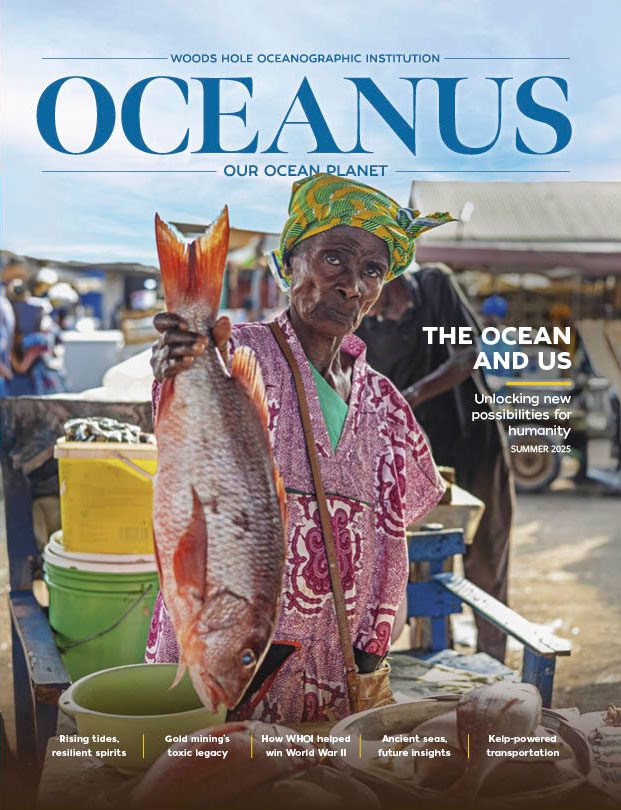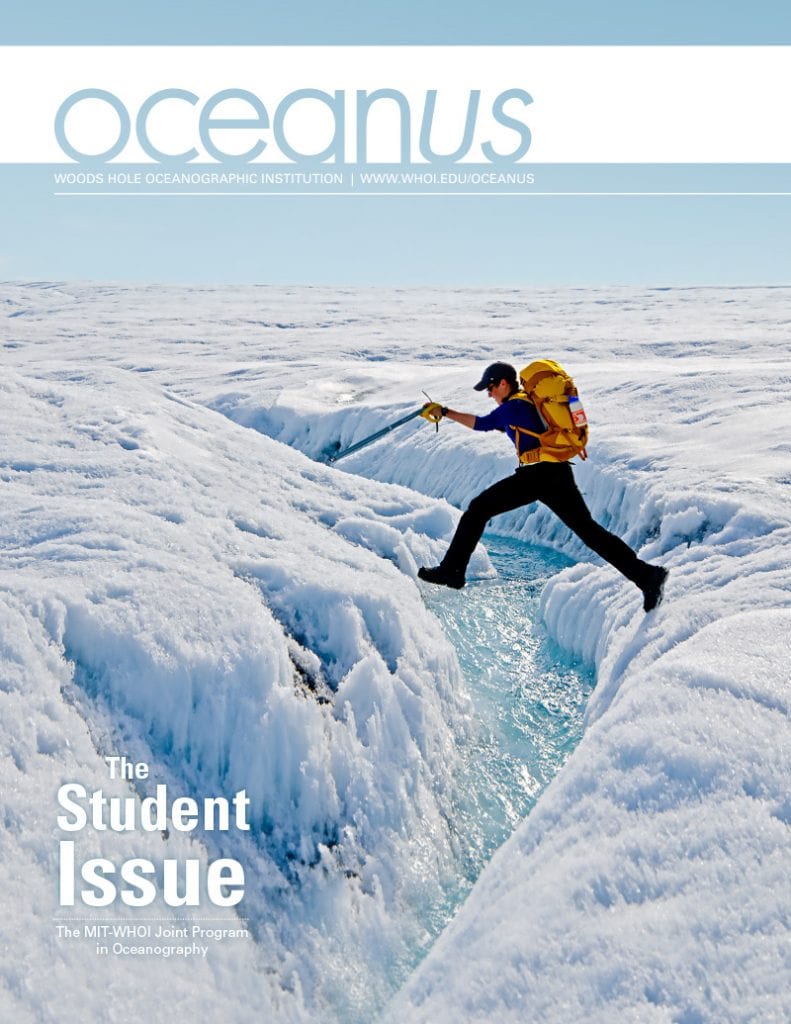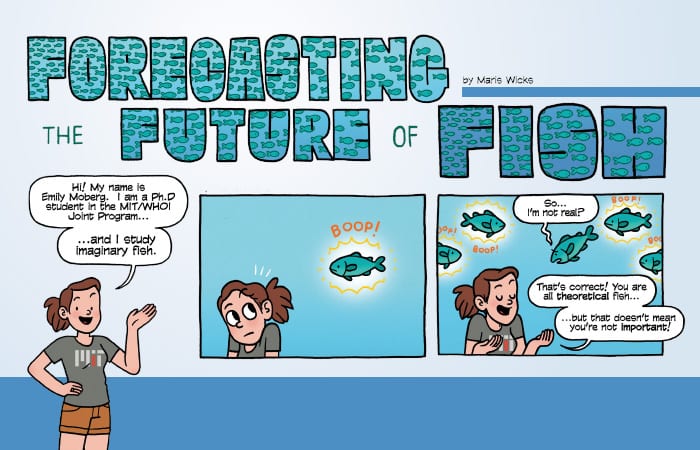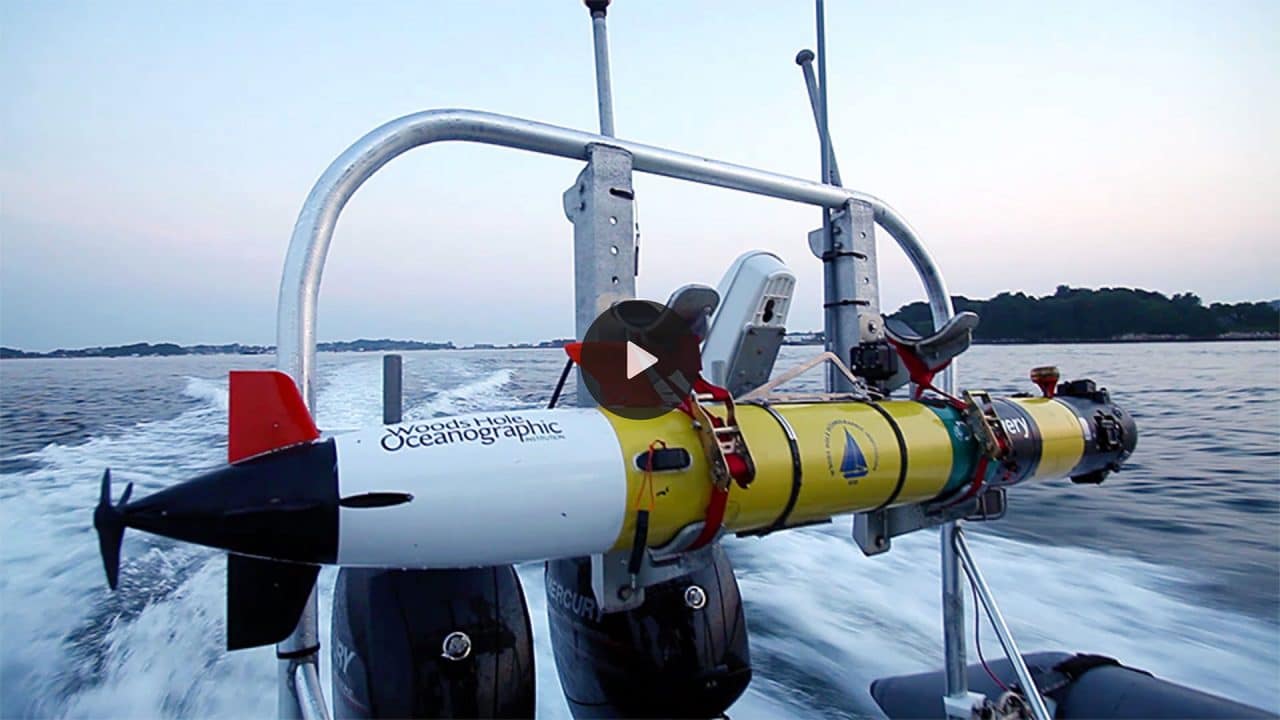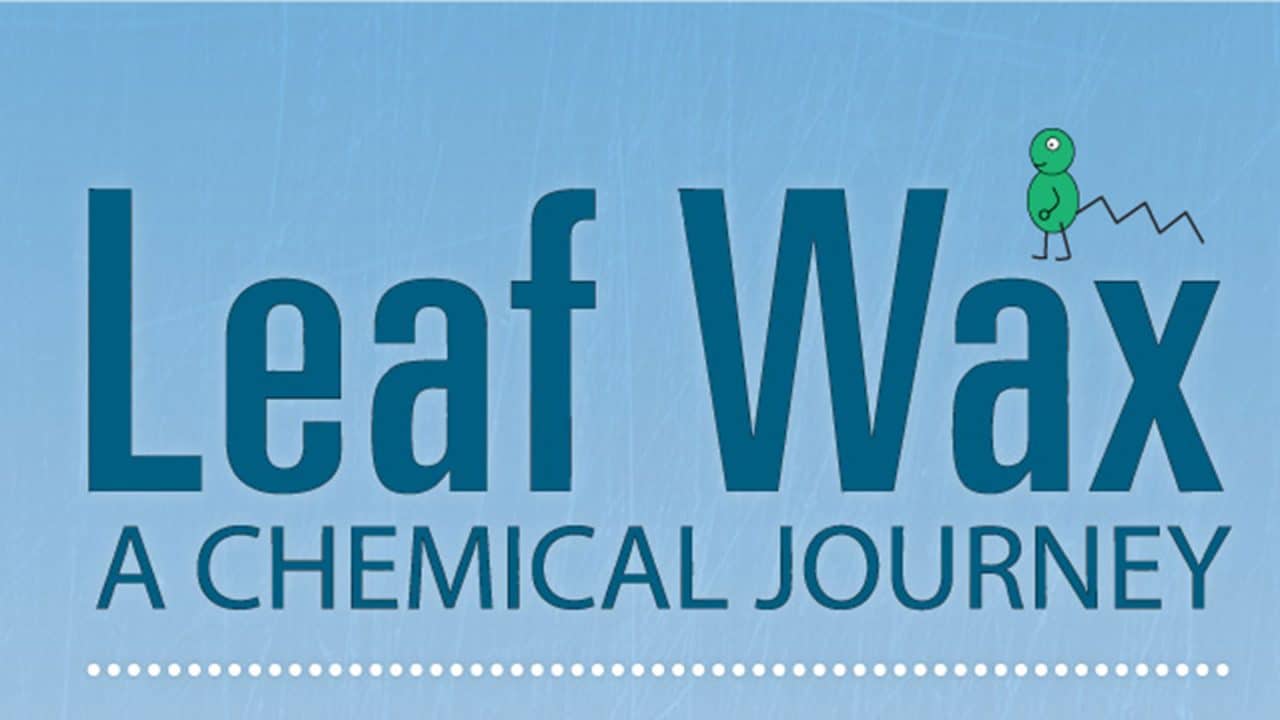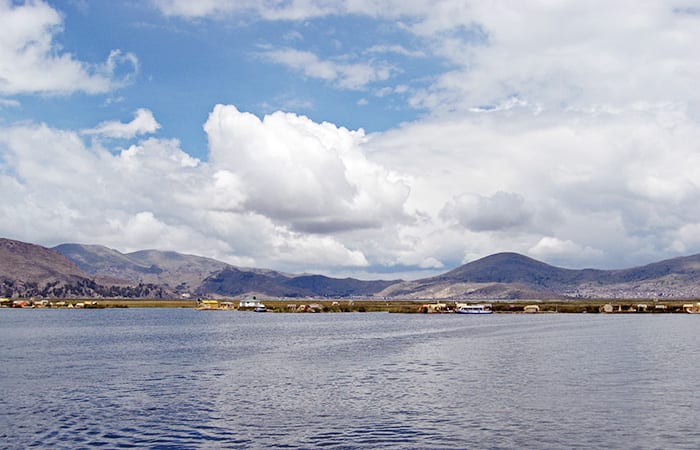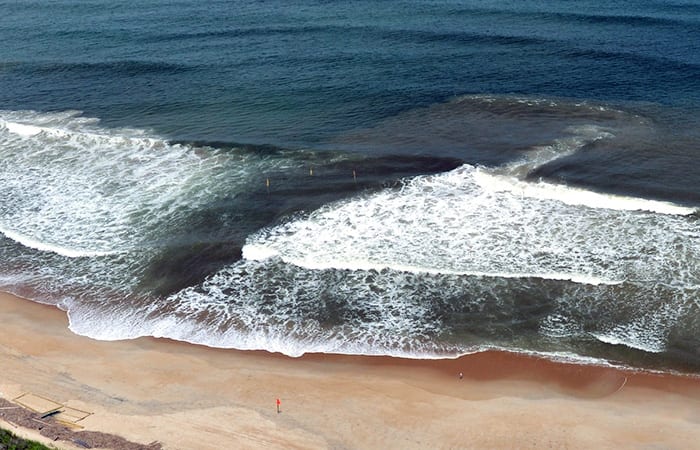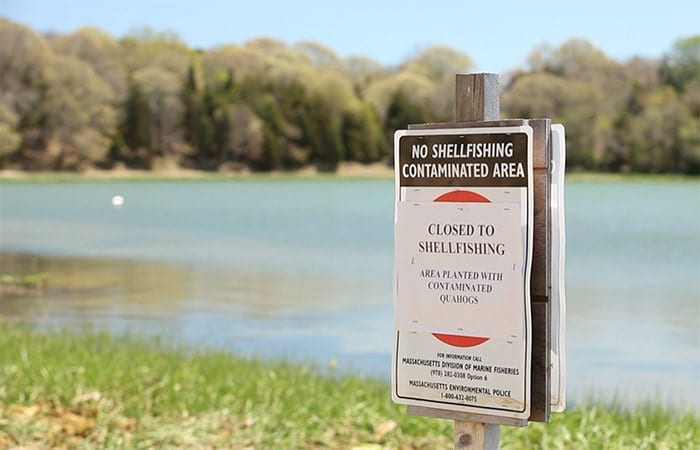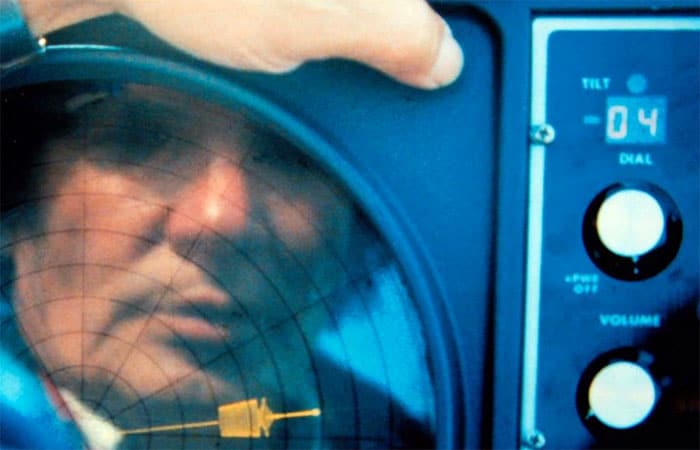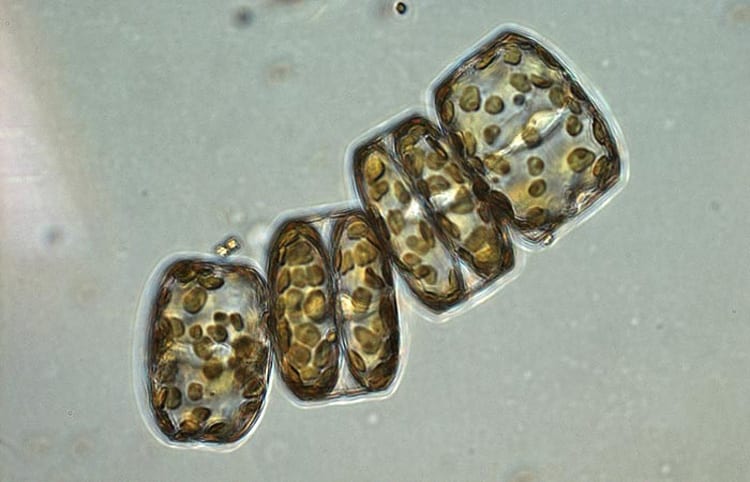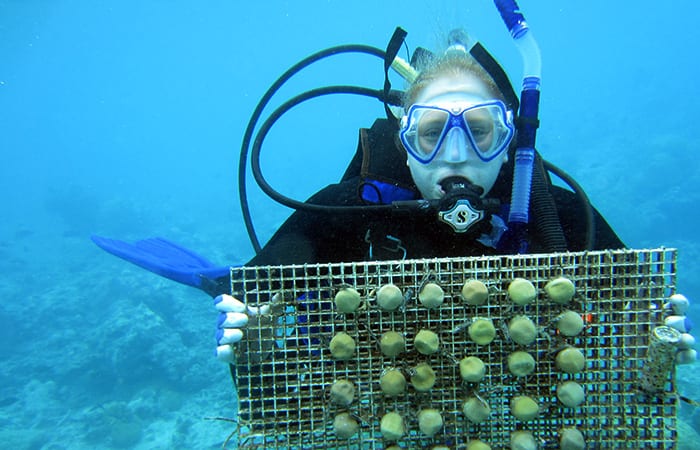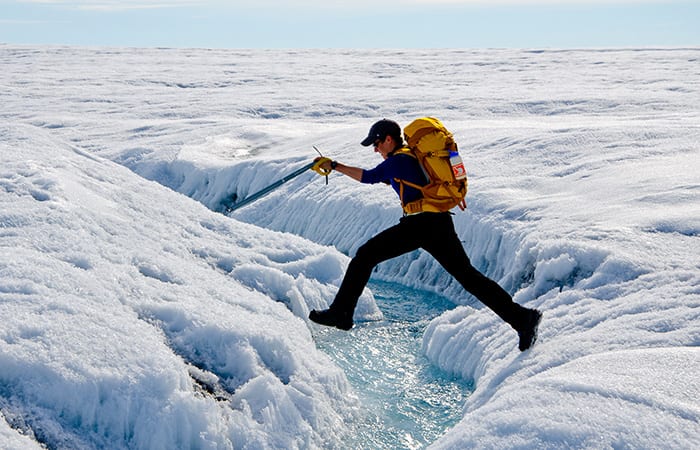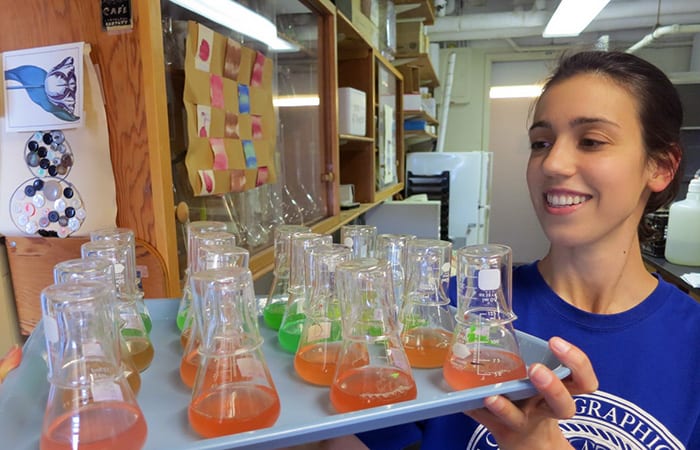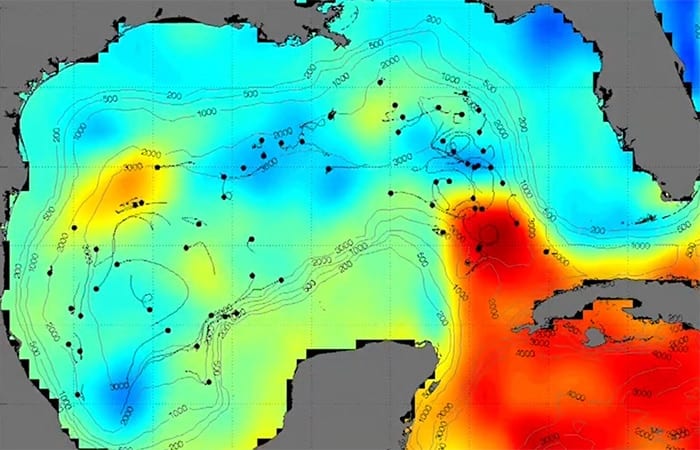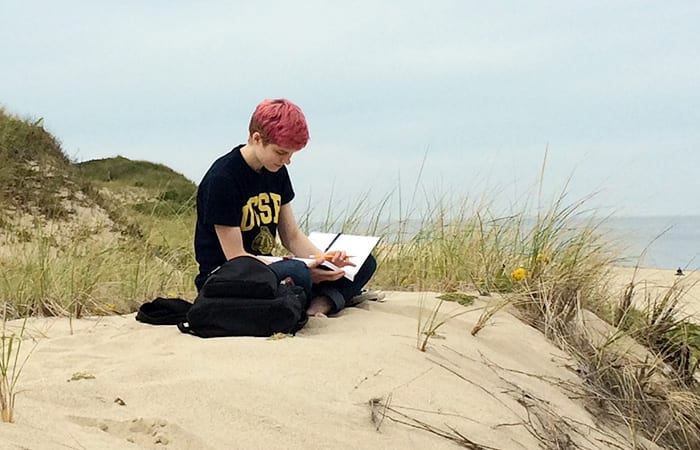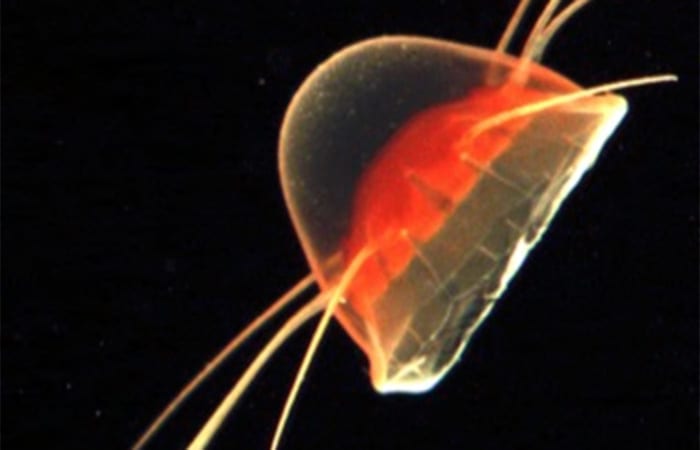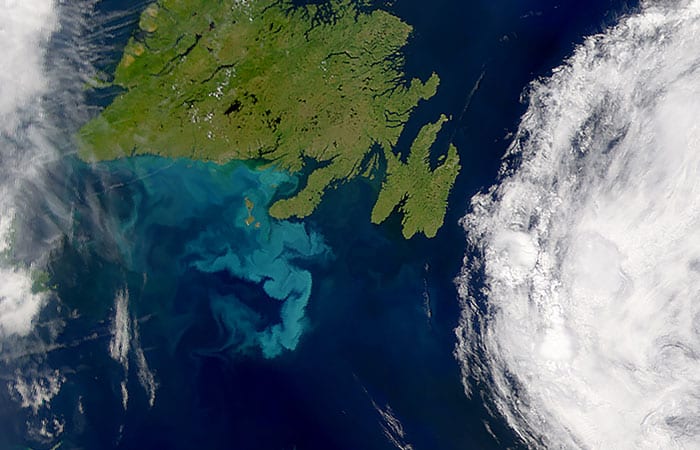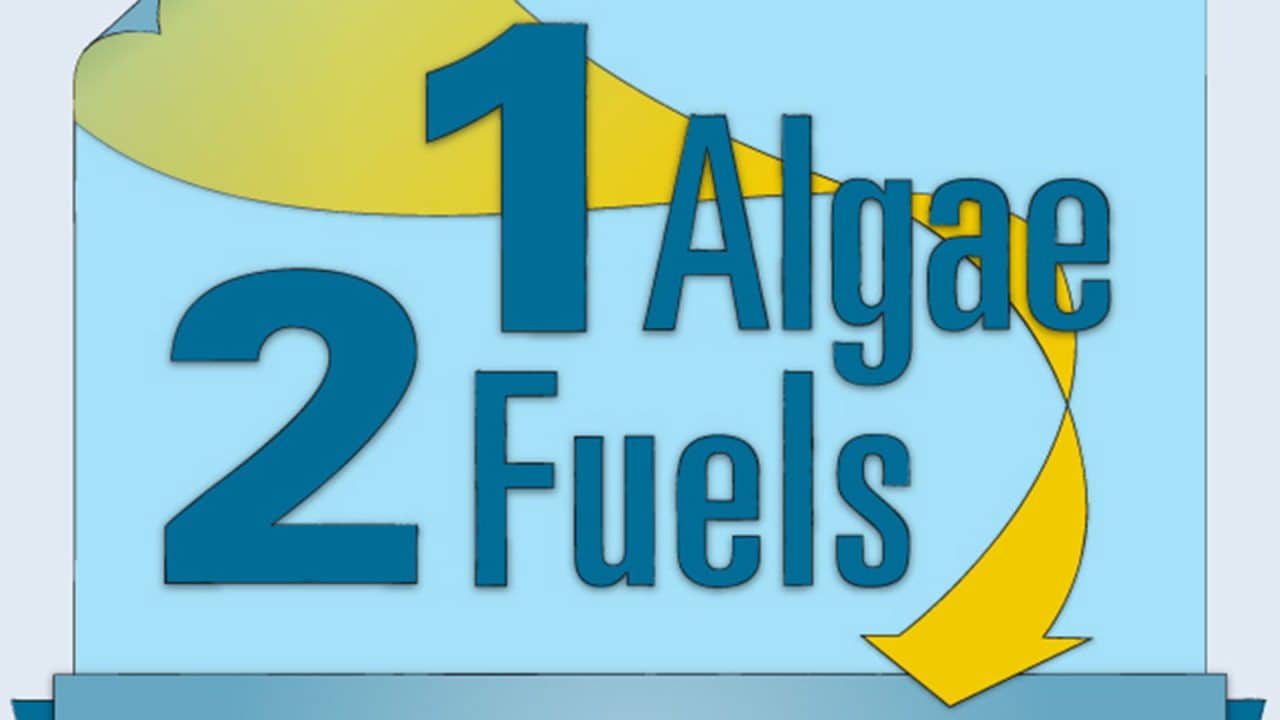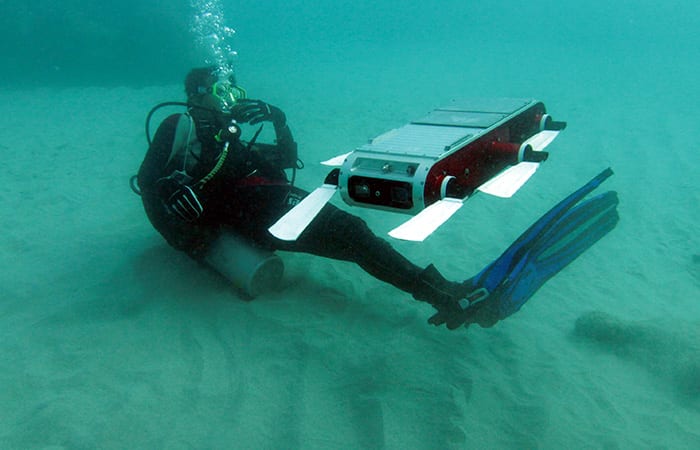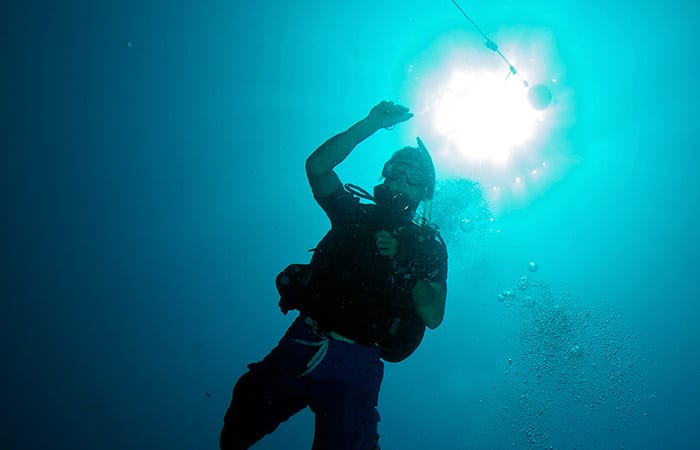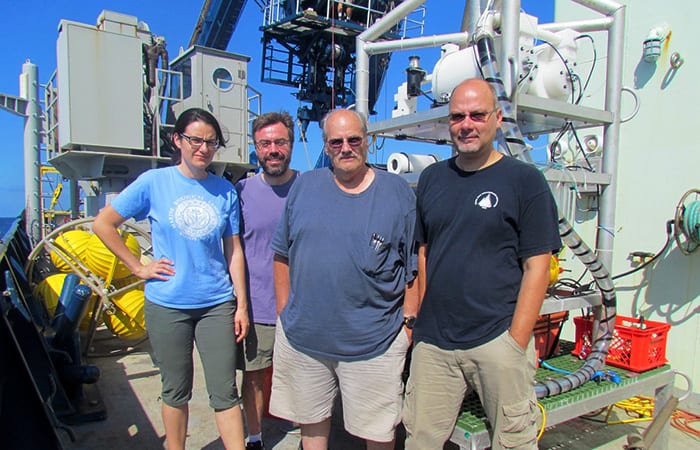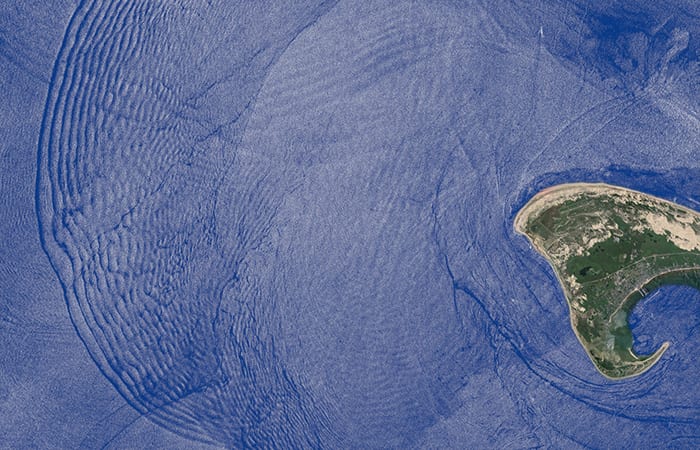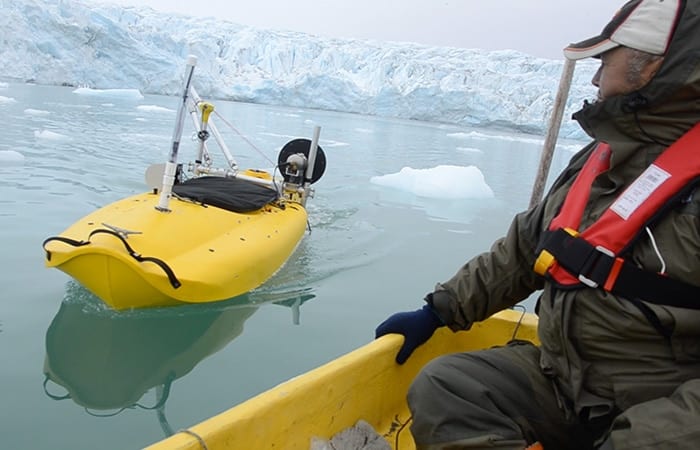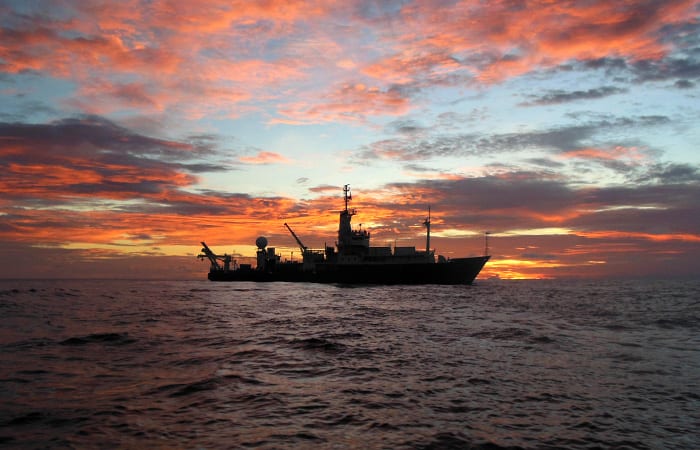Oceanus Online Archive
Forecasting the Future of Fish
How can we weigh all the interrelated factors involved in managing a critical ocean resource? Oceanus magazine experiments with a graphic article to help explain a complex issue.
Read MoreLeaf Wax: A Chemical Journey
Lake Titicaca in the Andes Mountains of South America is an extraordinary place to explore ancient human civilization, Earth’s climate history, and the flow of carbon through our planet.
Read MoreTracking a Trail of Carbon
Lake Titicaca in the Andes Mountains of South America is an extraordinary place to explore ancient human civilization, Earth’s climate history, and the flow of carbon through our planet.
Read MoreThe Riddle of Rip Currents
Rip currents claim more than 100 lives in the United States each year and are the leading cause of lifeguard rescues. Scientists created a large gash in the seafloor to learn more about their complex dynamics.
Read MoreSetting a Watchman for Harmful Algal Blooms
As harmful algal blooms are becoming more frequent and severe worldwide, researchers in the lab of WHOI biologist Don Anderson are testing an array of new instruments that can be…
Read MoreThe Man Who Opened Our Ears to the Ocean
Over his long career at WHOI, Bill Watkins pioneered new instruments to collect sounds of whales, dolphins, and other marine mammals. That treasure trove will now be archive in the…
Read MoreAn Appetite Stimulant for Bacteria in the Ocean
PUAs kick bacteria’s metabolism and CO2 respiration rates into hyperdrive—ike skinny weightlifters after a steroid shot.
Read MoreShort-circuiting the Biological Pump
The ocean has been sucking up the heat-trapping carbon dioxide (CO2) building up in our atmosphere—with a little help from tiny plankton. Like plants on land, these plankton convert CO2…
Read MoreCoral Crusader
Graduate student Hannah Barkley is on a mission to investigate how warming ocean temperatures, ocean acidification, and other impacts of climate change are affecting corals in an effort to find ways to preserve these vital ocean resources.
Read MoreScientists Find Trigger That Cracks Lakes
Graduate student Laura Stevens became a focal point of a research team that cracked a big mystery atop the Greenland Ice Sheet.
Read MoreA Green Thumb for Ocean Microbes
Anyone who has tried to grow orchids or keep a bonsai tree alive will tell you that cultivating plants is not always simple. My thesis research absolutely depended on cultivating…
Read MoreHidden Currents in the Gulf of Mexico
The Deepwater Horizon oil spill five years ago gave new impetus to investigating unknown subsurface currents deep within the Gulf of Mexico.
Read MoreSand, Seals, and Solitude
In high school, students interested in art or science often diverge into separate fields. For several years now, an art teacher and scientist in Falmouth, Mass., have seeded a modest…
Read MoreA Telescope to Peer into the Vast Ocean
There are more single-celled plankton in the ocean than stars in the universe. A new instrument is about to depart on a mission across the vast Pacific to capture images of what is out there.
Read MoreNew Use for Well-known Algae
A curious chemical compound in certain marine algae has been a godsend for oceanographers, helping them reconstruct past ocean conditions. Now the same compounds also may be useful in a completely different way: to produce jet fuel.
Read MoreOne Algae, Two Fuels
New research shows a way to tap overlooked fats in marine algae to produce compounds used in jet fuel.
Read MoreJet Fuel from Algae?
New research shows a way to tap overlooked fats in marine algae to produce compounds used in jet fuel.
Read MoreA Smarter Undersea Robot
Some say it is lethal to cats. WHOI scientists say it would be a boon for autonomous undersea robots.
Read MoreHidden Battles on the Reefs
A new study led by WHOI scientists shows how changing ocean conditions can combine to intensify erosion of coral reefs.
Read MoreBringing a Lab to the Seafloor
Scientists can’t really know if new oceanographic instruments will really work until they try them in actual conditions in the real ocean. In this case, the rubber hit the road at the bottom of the sea.
Read MoreThe Waves Within the Waves
If the 30-foot wave we were looking for had tumbled across the ocean’s surface that July day, it might have been mistaken for a monstrous rogue wave. But that’s not…
Read MoreThe Jetyak
Oceanographers are always looking for cost-effective vehicles to help them explore risky regions. Scientists at WHOI have developed one: a robotic platform called the Jetyak.
Read MoreFarewell to the Knorr
Over its 44-year career, the retiring research vessel Knorr was on the scene for many of the most significant discoveries in the ocean.
Read More